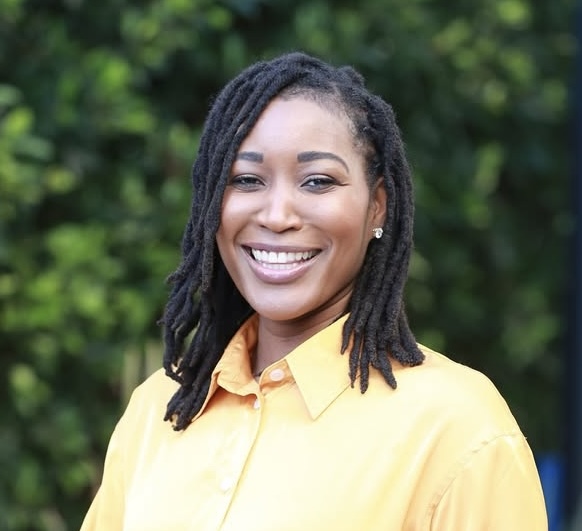
Improving follow-up colonoscopy after abnormal colorectal cancer screening
Dr. Rachel Issaka, associate professor (Gastroenterology) has been awarded a prestigious NIH R37 MERIT grant to support research addressing a crucial public health issue: the high rate of missed follow-ups after abnormal stool-based colorectal cancer screenings.
Colorectal cancer (CRC) deaths have declined since the early 1990s, but patients in safety-net healthcare systems – which represent 25% of U.S. hospitals – face worse CRC outcomes. These systems typically care for populations with limited access to care, contributing to higher CRC mortality.
While the fecal immunochemical test (FIT) is a low-cost, preferred screening method, only 33–58% of patients complete a follow-up colonoscopy within a year of an abnormal result. Delays over six months significantly increase the risk of advanced-stage CRC and death.
Individuals who do not complete a follow-up colonoscopy within 1 year of an abnormal fecal immunochemical test (FIT) result have a 3-fold increased risk of advanced-stage colorectal cancer (CRC) and a 2-fold increased risk of dying from CRC, compared to those who complete follow-up within 1 year.
Follow-up colonoscopy after abnormal colorectal cancer screening is often challenging for safety-net patients due to barriers like transportation issues, fear of the procedure, and fragmented care in resource-limited systems.
This project will test a multilevel intervention that tackles key patient- and health system-level barriers identified by Issaka's team, comparing it with usual care to improve follow-up rates in safety-net healthcare settings.
"When we remove barriers to care, we open the door for people to get the right care, when and where they need it," says Issaka. "The need to improve follow-up of colorectal cancer screening is greatest in safety-net populations, which is why I’m excited to partner with Harborview Medical Center and UW Medicine clinics that serve safety-net populations. I also look forward to applying the lessons we learn to other healthcare settings."